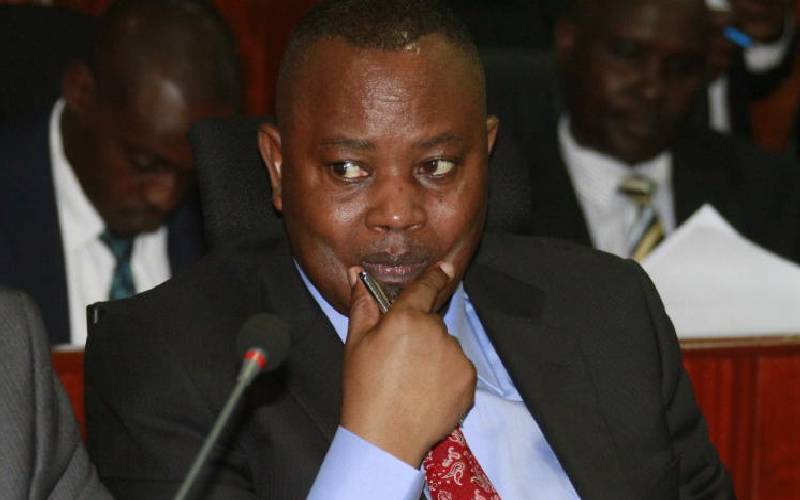×
The Standard e-Paper
Join Thousands Daily

DCI George Kinoti. [Photo, Standard]
The realisation that the fight against corruption is not a game of musical chairs may have caused some leaders to panic. Reactions from a section of legislators play squarely into the truism that corruption fights back and indeed, attacks on Director of Criminal Investigations (DCI) George Kinoti vindicate this view.